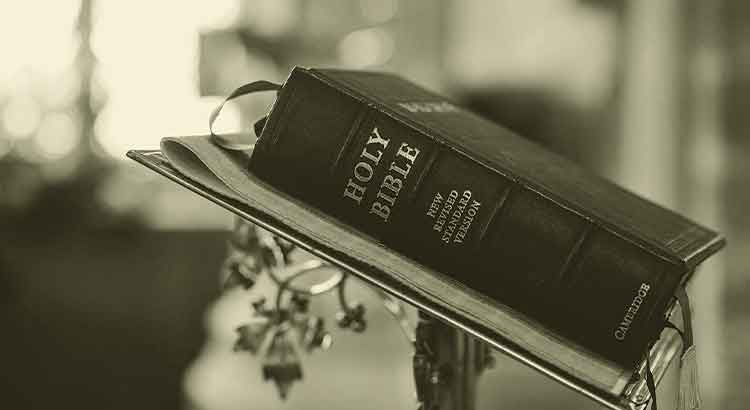Here I am mocking pastors, but the truth is, in general, I have more respect for evangelicals than for atheists. I mean: in general, I find much more atheistic than evangelical activism, and I consider the guy who thinks he is intelligent or superior for being an atheist a beautiful idiot. Being evangelical is meritorious: it involves an active effort that induces spiritual conflict. Someone is an atheist without reading anything at all; the evangelical, at the very least, reads the Bible. This says a lot: the average atheist does not reflect, does not know and does not seek to know what is going on in his life; the Bible, however, obliges the Evangelical to reflect. A dog, by definition, does not reflect and is an atheist. Most evangelicals, on the other side, undoubtedly worship the faith in silence and again and again. Comparing the common evangelical to the common atheist the conclusion is clear: this is an atheist by inertia, the other strives for faith. That is why I respect the evangelical. Moreover, the evangelical gaze before life is a courageous look. The ordinary atheist, however, is devoid of any depth of mind, existential anguish and is characterized briefly by not thinking. The common atheist buys an iPhone and concludes that man does not need God.
____________
Read more:



